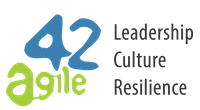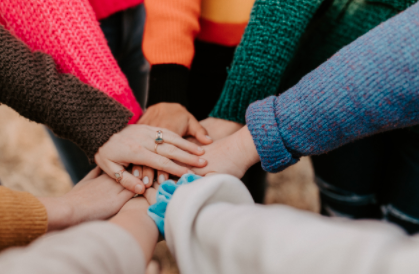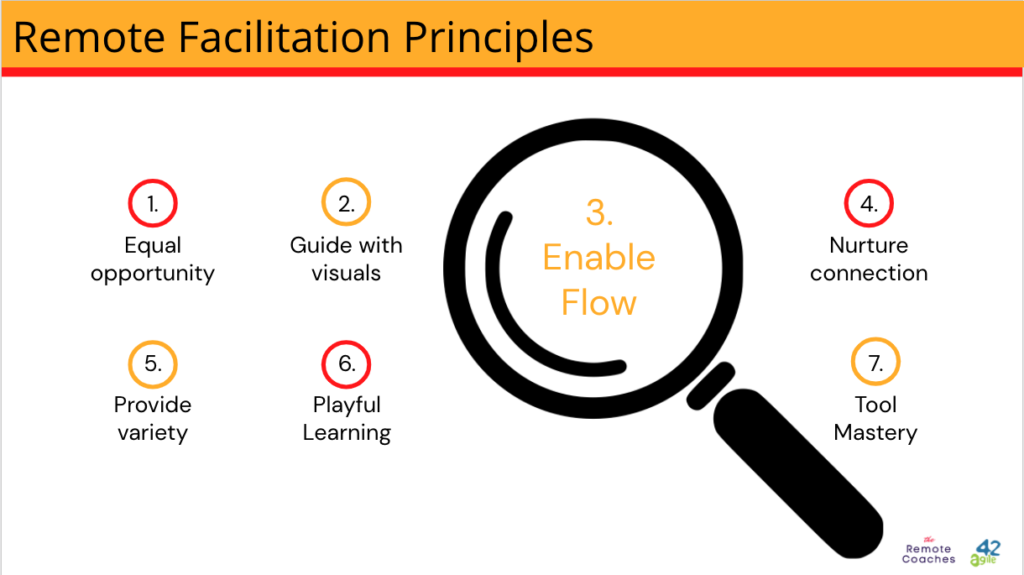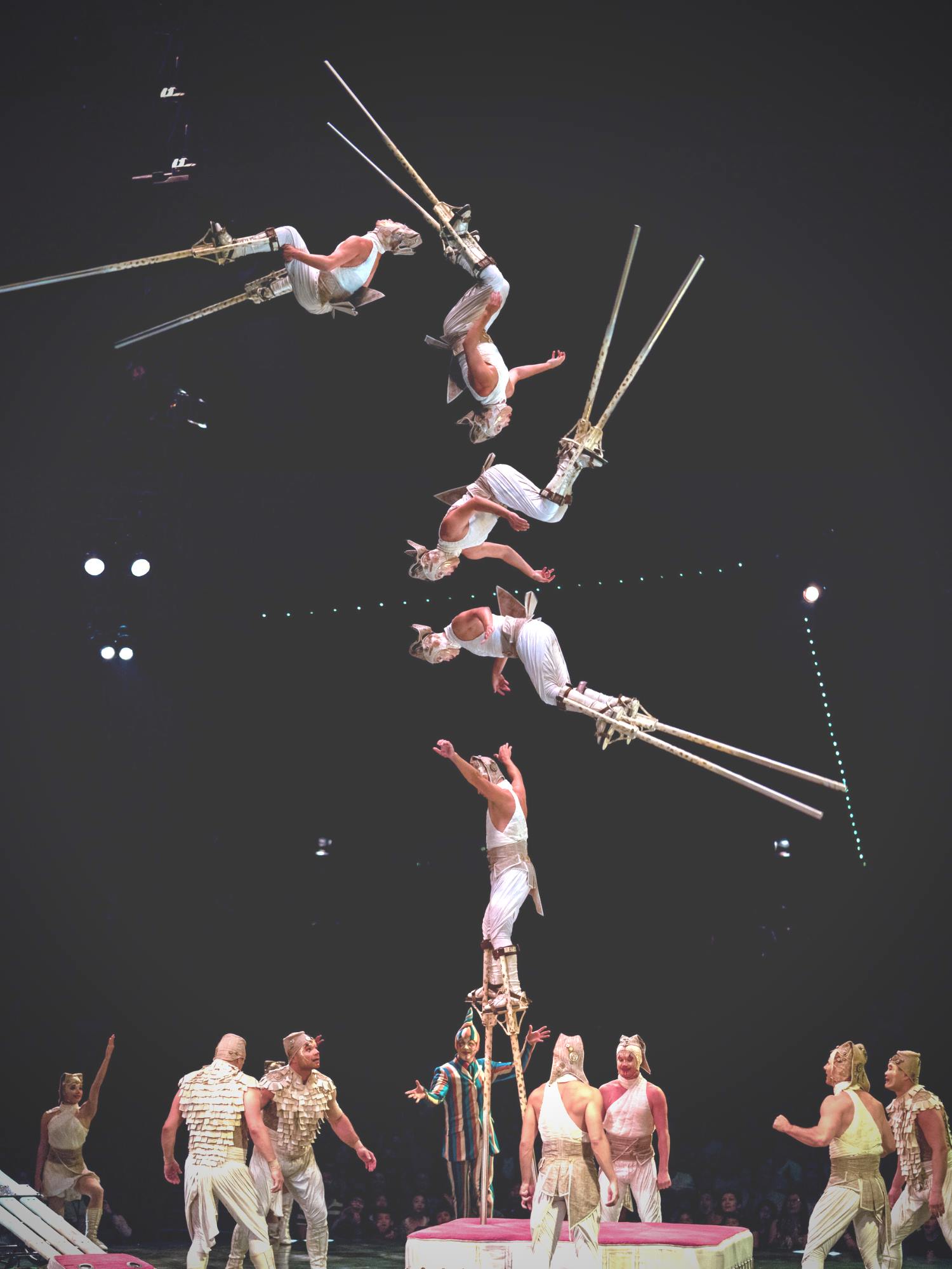agile42 Community Launch
/by Sofia SvanbäckWe’re excited to announce the launch of our new agile42 Community! Our coaches Regina Martins and Rochelle Roos shared what this is about in a live webinar on the 29th April.
We’ve trained and coached many people over the years that we’d like to continue supporting in their growth and development. One of them may have been you. Some of you have also been active in the PathToCSP Slack group and we’ve enjoyed interacting with you in that way. Many of you have also returned for more advanced training. But much more is needed to help you in your career as an agilist.
In order to take learnings beyond the classroom, we’ve created 2 membership options.
Free membership
- An exclusive safe forum with thousands of other agile professionals to discuss new developments and challenges
- Monthly Lean Coffee
- Discounted rate for exclusive webinars
- Monthly newsletter with a “How-to” article to help you improve your effectiveness with your team
Premium membership
All the benefits of the Free Community Membership PLUS:
- Access to self-learning content to help you be more confident, competent, and effective in your role
- Access to exclusive webinars by the agile42 coaches on topics chosen by you, the community
- 1 mentorship session monthly
- Ready to use facilitation templates for the most common sessions faced by Scrum Masters, Product Owners, and Agile Coaches
This is an inspiring new place where we want to continue supporting you in your growth and development as Scrum Masters, Product Owners, and Agile Coaches. Each month we will have a theme around which we’ll create events and activities, and stimulate discussions. The idea is that you learn from the community as well as get support from our agile42 coaches and trainers.
People who join communities, surrounded by other like-minded people, are more likely to get the results they want because they get the help they need when they need it. By learning more from other people in the community is a way to broaden your perspective.
We want to make this a safe space for everyone to participate in and thrive. As such, we’ve created a Code of Conduct that everyone needs to agree to; and it will be a moderated space.
The theme for May is Product Ownership. So, join us, and let’s get the ball rolling on your growth and development. You can already sign up for the next webinar on this topic.
If you missed out on the live session, don’t panic! We have the recording for you here to share around with your network, friends, and colleagues, so that everyone can benefit from the Communities.
For any questions, you are always welcome to contact us!
Hope to see you again next month, for a new theme and new discussions!





